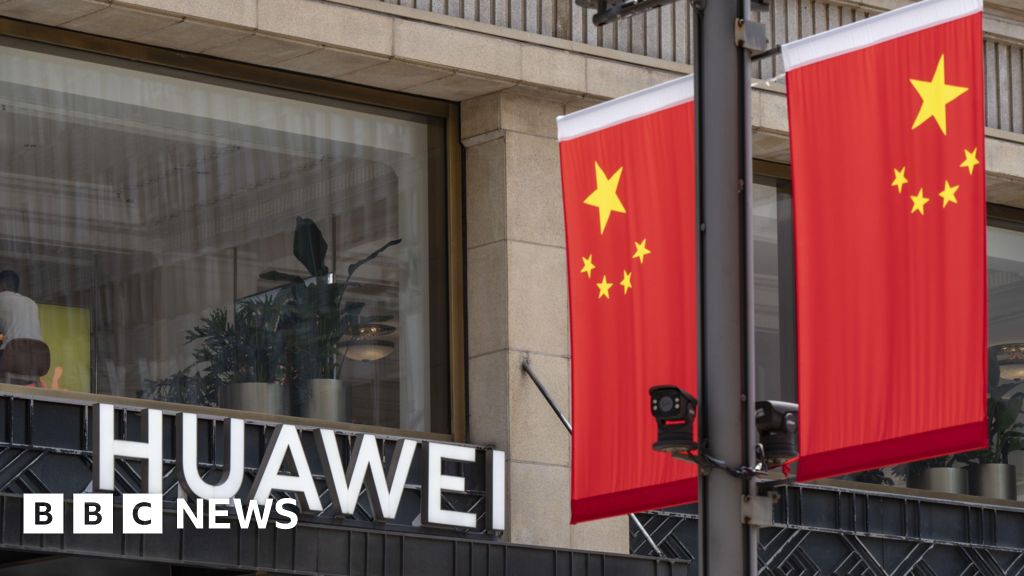Read for 4 minutes (Reuters) – WASHINGTON (Reuters) – On Thursday, the Democratic-controlled United States House of Representatives passed a $715 billion surface transportation and water infrastructure bill, which Democrats regard as a first step toward sweeping infrastructure legislation that Congress intends to pass in September. Showcase ( 2 images ) The bill authorizes increased expenditure on roads, bridges, highway safety, electric vehicle charging stations, rail, transit, drinking and wastewater infrastructure, as well as items from President Joe Biden’s first $2.3 trillion infrastructure package. It also sponsors initiatives that give funding for big projects, such as a $11.6 billion plan to build four contemporary transit tubes beneath the Hudson River to connect New Jersey with New York’s Penn Station in midtown Manhattan. The bill is sent to the Democratic-controlled Senate with a vote of 221-201. The bill’s expenditure level was raised as a result of modifications and earmarks, but House aides couldn’t tell how much. Since Democrats and Republicans reinstituted the practice of enabling members to add pet projects to budget bills earlier this year, this is the first time the House has voted to enact legislation with earmarks. According to the US House Transportation & Infrastructure Committee, the bill designates more than 1,470 projects worth roughly $5.7 billion in funding. Democrats requested about 1,070 projects costing slightly under $4 billion. Republicans were successful in securing 403 projects worth roughly $1.7 billion. The bill is required to reauthorize US surface transportation programs before the September 30 deadline. According to House Democratic officials, the bill could also enable a bipartisan working group in the Senate in translating their $1.2 trillion infrastructure plan into legislation. The bipartisan agreement has Biden’s support, and the Democratic-led Senate wants to adopt legislation before the end of the month. House Democrats are also working on a parallel historic reconciliation plan that would combat climate change, extend social programs, and fund new initiatives by raising taxes on businesses and the rich in the United States – goals that Republicans oppose. Democrats in the House and Senate hope to adopt a budget resolution with reconciliation instructions this month, followed by final congressional passage of bipartisan infrastructure legislation and the reconciliation measure in September. In total, the efforts might cost $6 trillion. The House surface transportation package, which was passed on Thursday, includes $343 billion in funding for roads, bridges, and safety, as well as $4 billion for electric vehicle charging infrastructure. The plan also includes $109 billion for transit and $95 billion for rail, including a $32 billion increase in spending for Amtrak, the United States’ passenger railroad, $117 billion for drinking water infrastructure, and over $51 billion for wastewater infrastructure. It would authorize $4.1 billion in grants for electric transit buses, a $500 million grant program to alleviate traffic congestion in major cities, and $1 billion to address the shortage of parking for commercial motor vehicles. It would also allow for heavier electric vehicles on U.S. roads and require additional safety features in new school buses. David Morgan contributed reporting, and Dan Grebler edited the piece./n
Read MoreU.S. House approves $715 billion infrastructure bill
2021-07-01T15:15:36-04:00July 1st, 2021|





